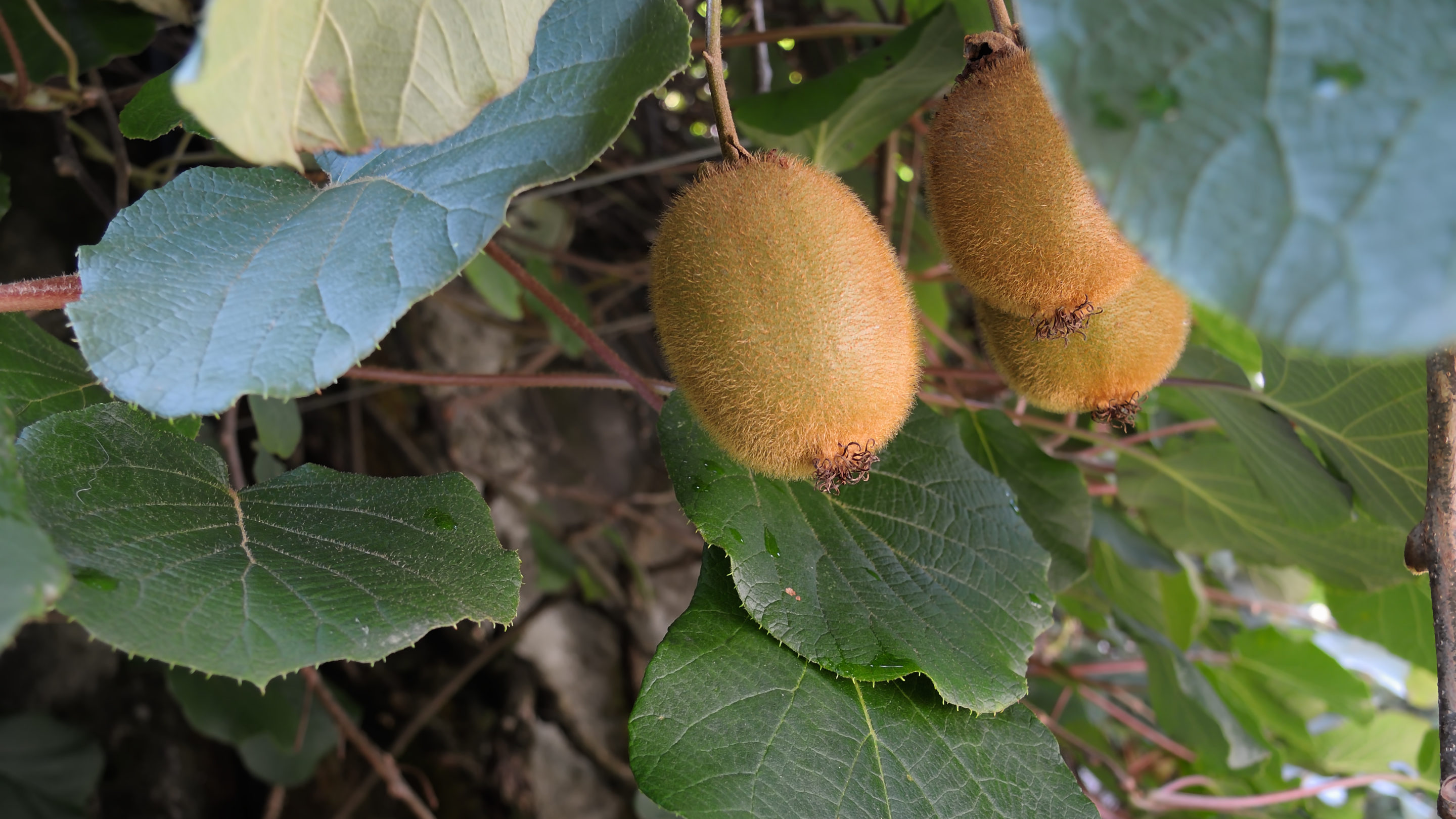Kiwis have been grown in France since 1965 and have been marketed since the early 70s. Nowadays, 45,000 tons are grown by 1,500 kiwi orchardists in southwestern France. Interview with Adeline Gachein, Director of the National Kiwi Interprofessional Bureau.
What is the level of French kiwi production?
With just over 45,000 tons of kiwi grown in France every year, we are the sixth largest producer of kiwi worldwide, and the third largest in Europe. Harvested in October and November, the fruit can be kept until May. When they are in season here, our competition is mostly other European kiwis, from Italy and Greece. Then when they’re out of season, the fruit you get is usually imported from Chili or New Zealand.
What proportion of France’s harvest is organic?
Currently, 14% of the French harvest has the organic label. Nonetheless, what you should know is that thanks to kiwi’s hardiness, the choice of conventional or organic growing depends essentially on kiwi orchardists’ choice of fertilizer. We do a lot of research at the National Kiwi Interprofessional Bureau (BIK), so that our growers have new ways to fight pests. We are, for instance, doing a study on the maturation of the stinkbug, an invasive species from Asia, in order to better understand its cycles and to help growers act at the most effective moment. Since we have very few protective products that are approved for kiwi growing, we also test prophylactic measures (N.B.: measures that are meant to prevent issues, as opposed to dealing with them after they have appeared) especially for stinkbugs, with repulsive plants to see if they can keep the bugs away.
In 2017, the BIK informed French authorities about the likely issue of fraudulent “Frenchification” of foreign kiwis….
That’s right, because we have noticed several economic anomalies on the market. Fraudulent Frenchification means selling kiwis grown outside of France as kiwis from France, with complete disregard for the applicable regulations in terms of food traceability. For kiwis, the impostors are usually Italian of Greek fruit, which are less expensive than French, essentially because of lower labor costs. That allows the fraudsters to practice very competitive pricing, by selling kiwi with false French origins for a price that is generally 14 to 17% lower. So the fraudsters take advantage of French-grown kiwis’ excellent reputation, without buying actual French kiwis, to the detriment of both the French agricultural sector and consumers. According to an investigation by the DGCCRF (the anti-fraud agency), nearly 15 tons of fruit has been circulating labelled as French when it actually wasn’t: that represents nearly one third of our national production!
